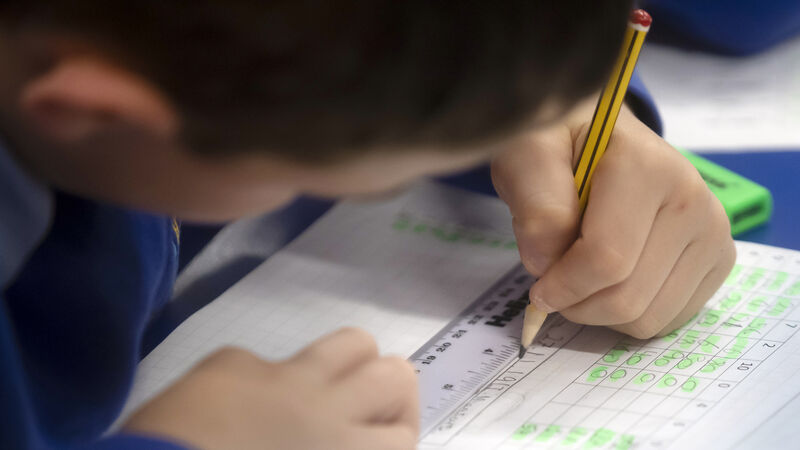Department may force schools to create special classes for pupils with added needs

Last April, the National Council for Special Education (NCSE) identified a shortfall of 70 specialist placements, comprising 43 special classes and 36 special schools in south Dublin. Picture: PA
The Department of Education has not ruled out using further ministerial powers to force schools to create special classes for those with additional educational needs as work continues to facilitate families in south Dublin.
As of the start of this month, the National Council for Special Education (NCSE) had established 197 special classes for 2020/21, made up of 177 Autism spectrum disorder (ASD) special classes and a further 12 ASD early intervention classes.










